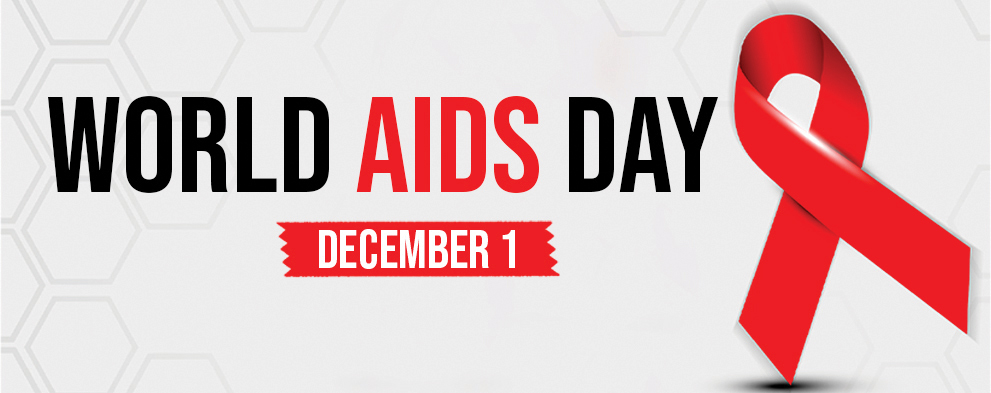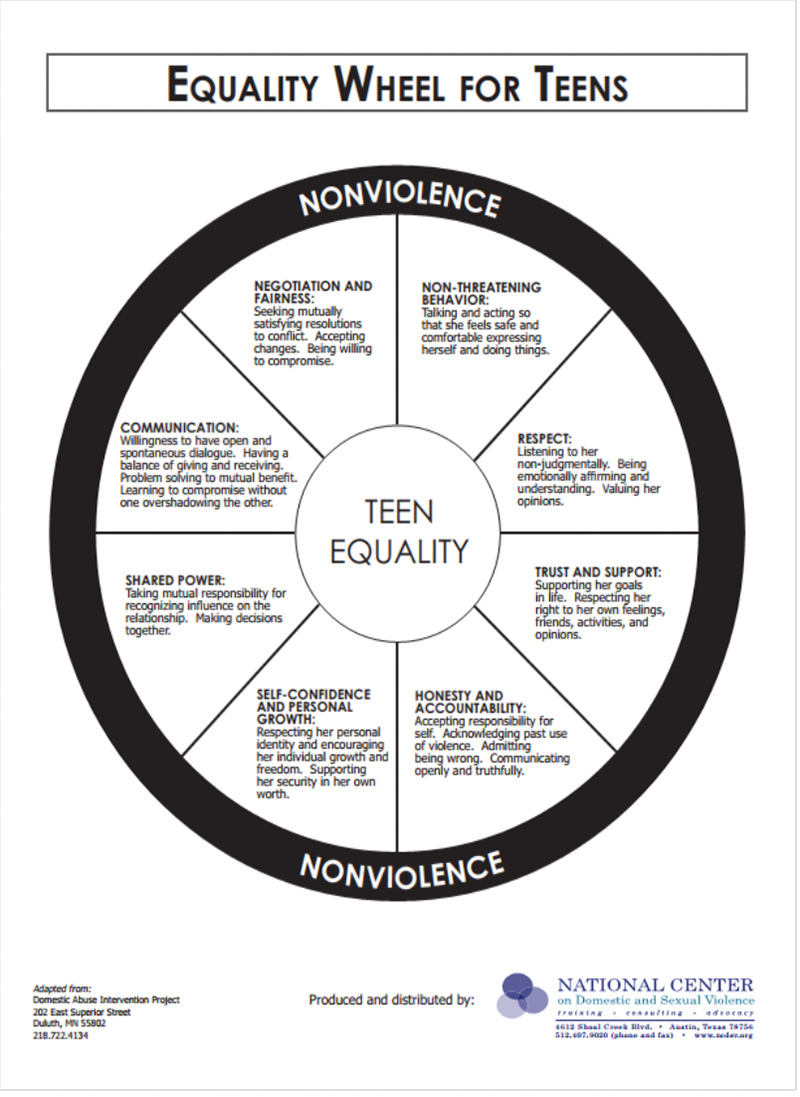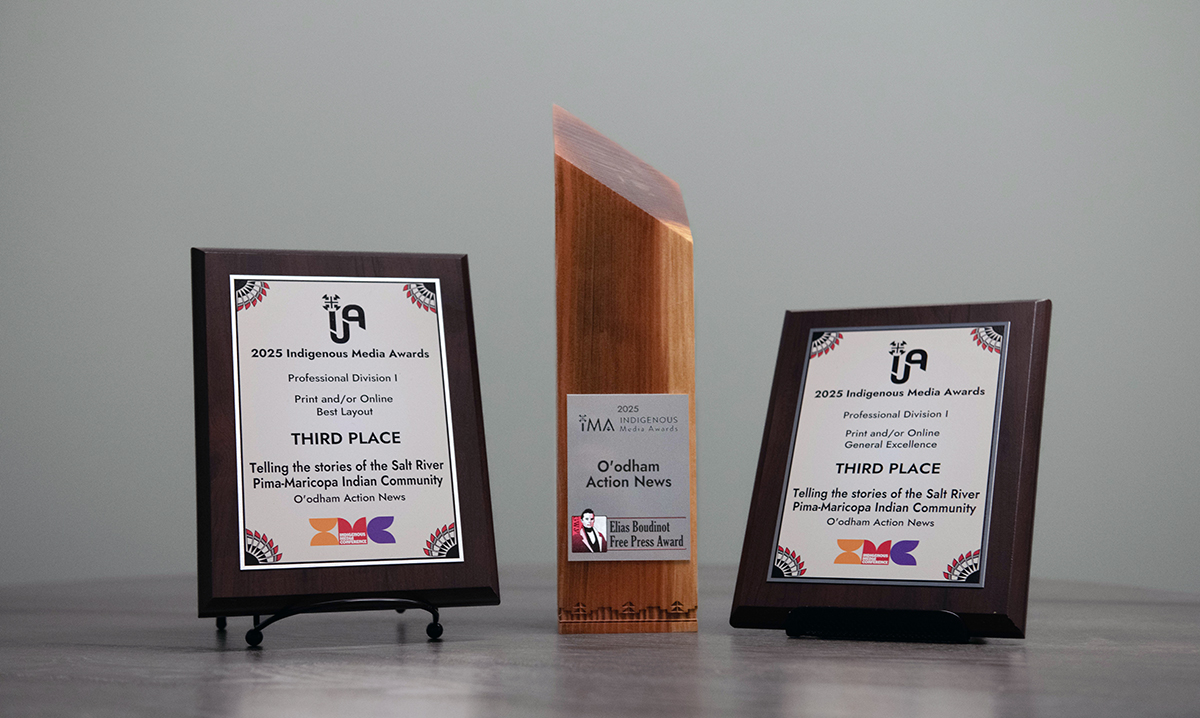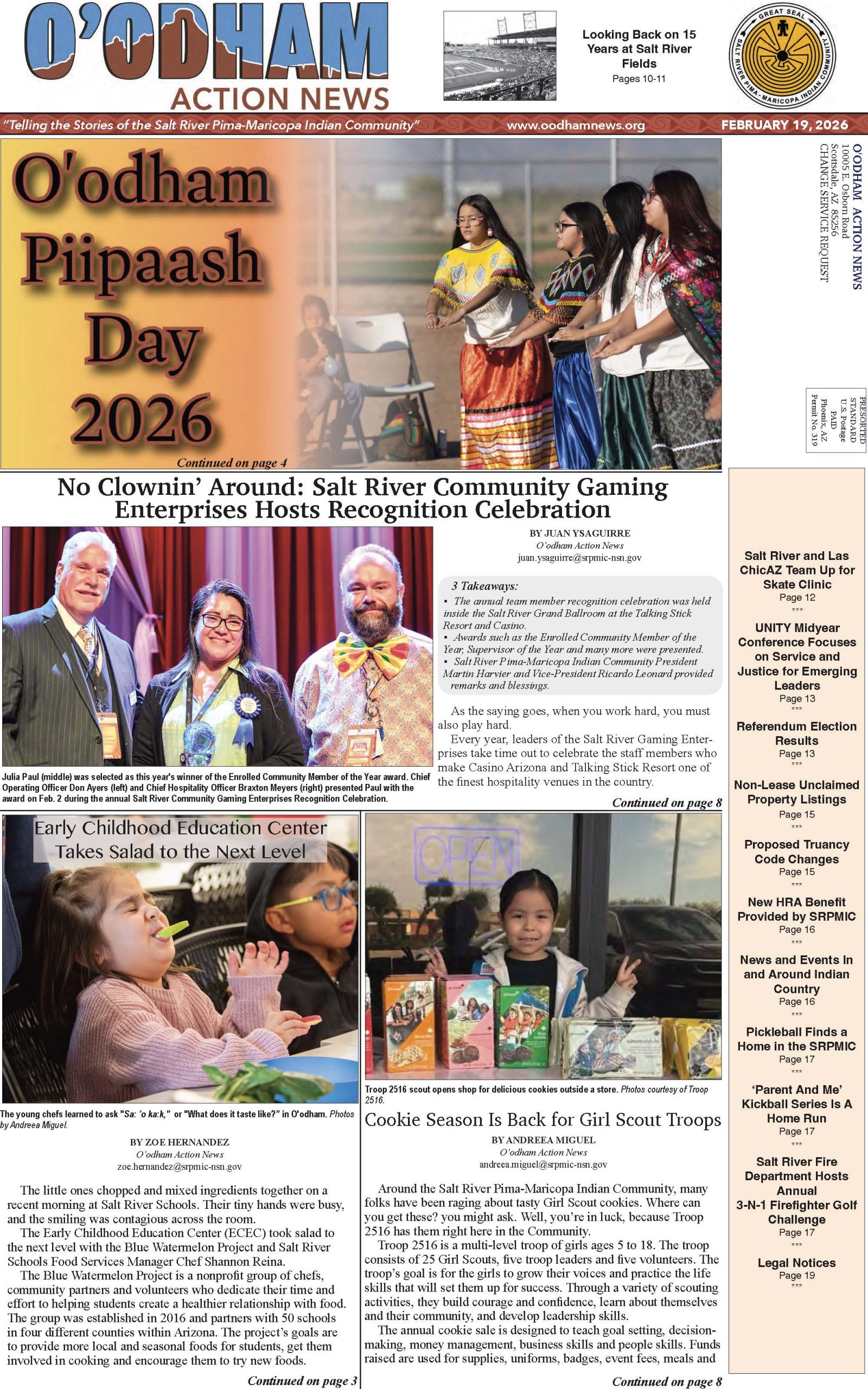VIEWS: 3007
December 2, 20202020 World AIDS Day: Ending the HIV/AIDS Epidemic Through Resilience and Impact
For the past 40 years, the HIV/AIDS epidemic has taken millions of lives. Every December 1 is Worlds AIDS Day, dedicated to remembering those who lost their lives from this disease, educating people about HIV/AIDS, and celebrating advancements in battling HIV/AIDS.
HIV/AIDS is disease that interferes with the body’s ability to fight infections. It is transmitted through infected blood, semen and vaginal fluids and causes symptoms within a few weeks after transmission. Symptoms can mimic flu-like symptoms such as fatigue, fever and sore throat. As the disease progresses into AIDS, symptoms progress to weight loss, night sweats and recurrent infections. Unfortunately, there is no cure, but there are treatments such as anti-retroviral therapy that can help slow the progress of the disease and prolong life span.
According to hiv.org, the theme for this year’s observance is “Ending the HIV/AIDS Epidemic: Resilience and Impact.” This year’s theme reinforces the impact of the data, how prevention and treatment help those who need it, and educating people to tackle stigmas and discrimination.
A grassroots effort that was created in 2016, the National Native HIV Network (NNHN) has supported the American Indian, Alaska Native and Native Hawaiian communities that receive funding from the U.S. Department of Health and Human Services from the Minority HIV/AIDS Fund. This fund helps provide services to indigenous people including treatment, medication, education and support.
The NNHN has continued its efforts to support indigenous people through a number of webinars on self-testing, pre-exposure prophylaxis prevention, harm-reduction strategies, and how programs can work with partners to support HIV program sustainability.
For more information on HIV/AIDS, visit hiv.org. If you feel you need to be tested for HIV/AIDS, make an appointment with your physician or contact the Salt River Clinic at (480) 946-9066.







